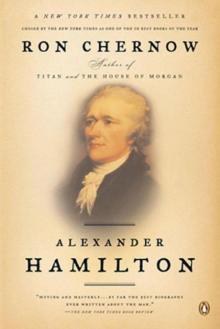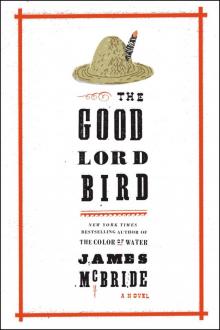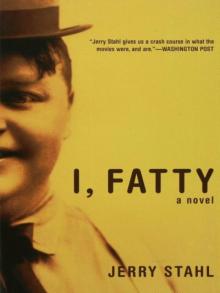Alexander Hamilton


Author: Ron Chernow
Category: Memoir
Published: 2011
Series:
View: 1284
Read OnlineMarch 2005
After hulking works on J.P. Morgan, the Warburgs and John D. Rockefeller, what other grandee of American finance was left for Chernow's overflowing pen than the one who puts the others in the shade? Alexander Hamilton (1755–1804) created public finance in the United States. In fact, it's arguable that without Hamilton's political and financial strategic brilliance, the United States might not have survived beyond its early years. Chernow's achievement is to give us a biography commensurate with Hamilton's character, as well as the full, complex context of his unflaggingly active life. Possessing the most powerful (though not the most profound) intelligence of his gifted contemporaries, Hamilton rose from Caribbean bastardy through military service in Washington's circle to historic importance at an early age and then, in a new era of partisan politics, gradually lost his political bearings. Chernow makes fresh contributions to Hamiltoniana: no one has discovered so much about Hamilton's illegitimate origins and harrowed youth; few have been so taken by Hamilton's long-suffering, loving wife, Eliza. Yet it's hard not to cringe at some of Hamilton's hotheaded words and behavior, especially sacrificing the well-being of his family on the altar of misplaced honor. This is a fine work that captures Hamilton's life with judiciousness and verve.
After hulking works on J.P. Morgan, the Warburgs and John D. Rockefeller, what other grandee of American finance was left for Chernow's overflowing pen than the one who puts the others in the shade? Alexander Hamilton (1755–1804) created public finance in the United States. In fact, it's arguable that without Hamilton's political and financial strategic brilliance, the United States might not have survived beyond its early years. Chernow's achievement is to give us a biography commensurate with Hamilton's character, as well as the full, complex context of his unflaggingly active life. Possessing the most powerful (though not the most profound) intelligence of his gifted contemporaries, Hamilton rose from Caribbean bastardy through military service in Washington's circle to historic importance at an early age and then, in a new era of partisan politics, gradually lost his political bearings. Chernow makes fresh contributions to Hamiltoniana: no one has discovered so much about Hamilton's illegitimate origins and harrowed youth; few have been so taken by Hamilton's long-suffering, loving wife, Eliza. Yet it's hard not to cringe at some of Hamilton's hotheaded words and behavior, especially sacrificing the well-being of his family on the altar of misplaced honor. This is a fine work that captures Hamilton's life with judiciousness and verve.
 Drunk Olympics
Drunk Olympics J. M. W. Turner
J. M. W. Turner The Good Lord Bird
The Good Lord Bird The Beatles
The Beatles I, Fatty
I, Fatty The Christmas Kid: And Other Brooklyn Stories
The Christmas Kid: And Other Brooklyn Stories Grand Canyon Lament, A Fateful Lesson in Extraordinary Measures
Grand Canyon Lament, A Fateful Lesson in Extraordinary Measures Furiously Happy: A Funny Book About Horrible Things
Furiously Happy: A Funny Book About Horrible Things